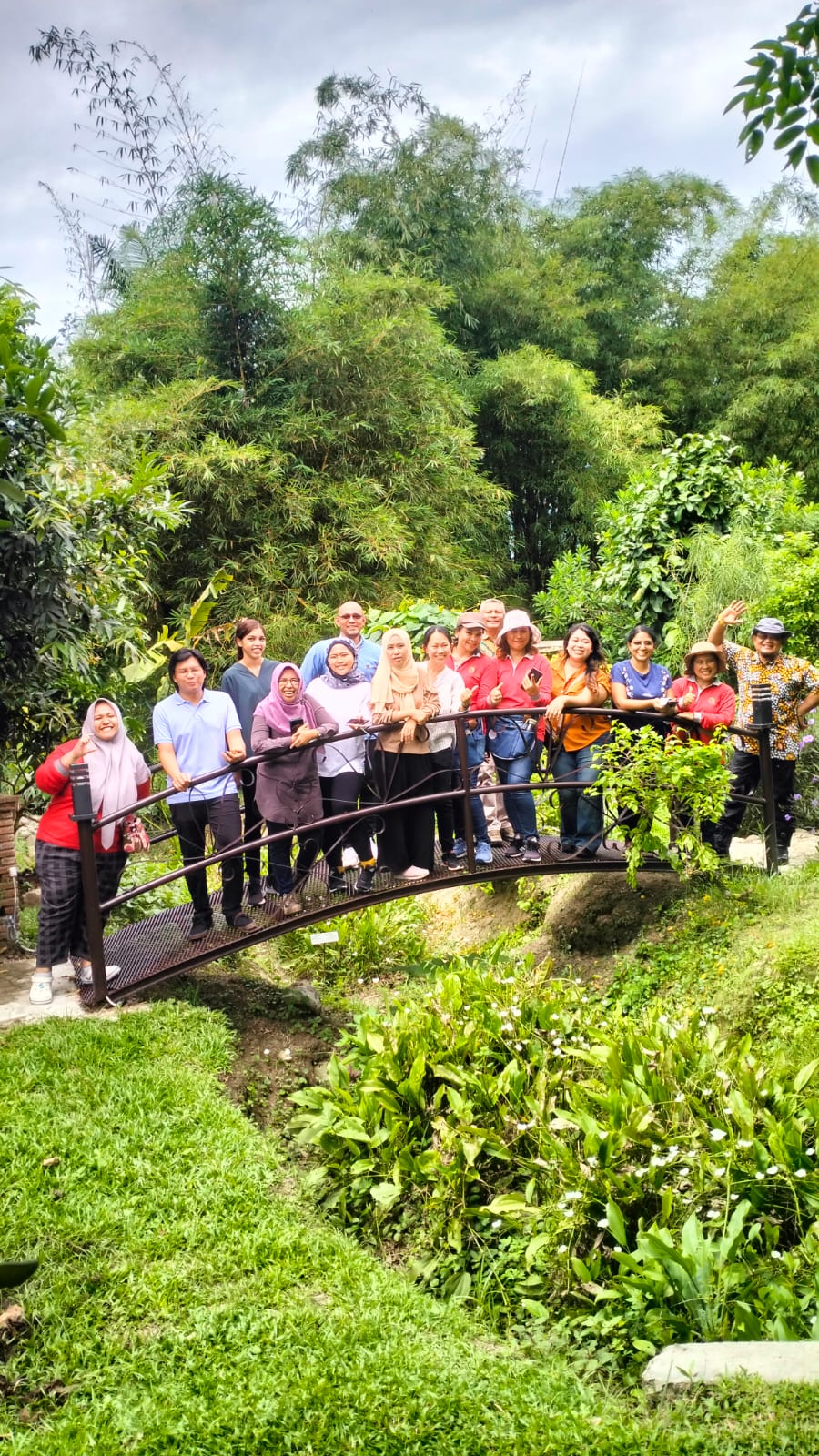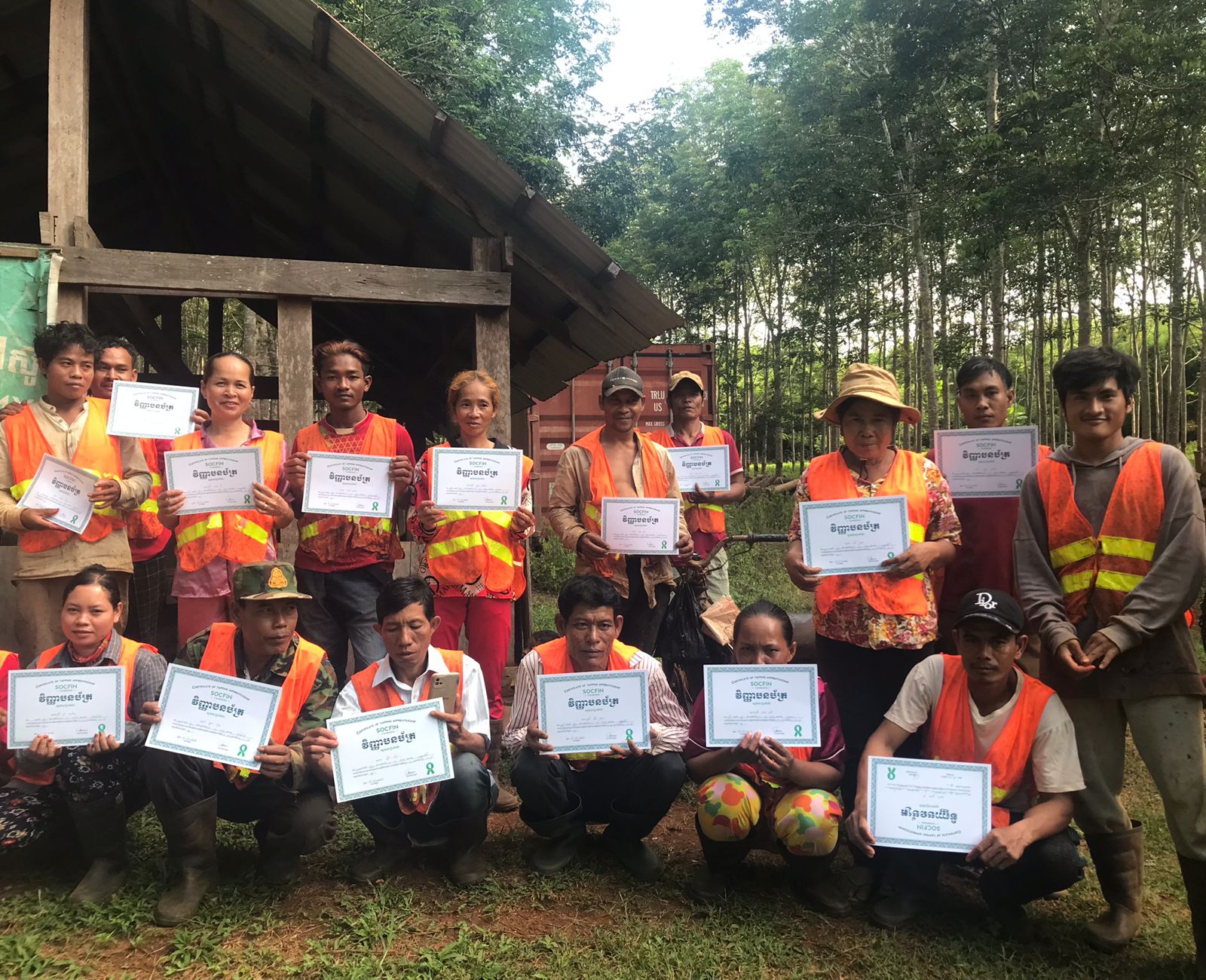Socfin-KCD and Coviphama
1
6 900 ha
Planted area
6 000 T
Rubber production
1 034
Direct and indirect employees
Socfin-KCD and Coviphama
The Socfin Group has been active in Southeast Asia since the beginning of the last century and in the early 2000s the Group restarted its operations in Cambodia, a country where rubber cultivation remains an indisputable tradition today.
The creation of the Chup plantation, which became one of the largest in the world by the 1960s, dates back to 1922. In the late 1970s, all Cambodian plantations were nationalized under the reign of the Khmer Rouge. Subsequently, Cambodia’s involvement in the Vietnam War had a devastating effect on the country’s plantations and agriculture in general. Large companies operating in the agricultural sector, such as “Terres Rouges” and “the Socfin Group”, lost all their concessions in Indochina.
In the early 2000s, the Socfin Group, keen to start diversifying geographically in Asia, restarted its operations in Cambodia. Its strategy? Putting in place partnership projects with smallholders.
An intense prospecting period began, leading to the creation of Socfin-KCD and the acquisition of the first concession in the Mondulkiri region in 2007, followed by a second one in 2010. Subsequently, the Group purchased a new concession (“Coviphama”) in 2013. Since 2018, a modern rubber factory is operational.
The required social infrastructure is constructed within the plantation: new housing, boreholes, health centers, etc.
Health, a major factor in the development of isolated populations, has not been neglected either. Two medical centers were established and are run by trained health care providers and the public health center in the neighboring community receives regular support.
The plantations firmly believe that local community development involves the education of youngsters. Therefore, they constructed educational facilities for children of employees within the plantations, renovated neighboring schools and provided access to drinking water and electricity. Moreover, they offer financial support to schools, distribute school supplies, equipment, etc.
And finally, Socfin Cambodia pays particular attention to the life of the surrounding populations: the indigenous “Bunongs”. In order to protect local culture and customs, Socfin preserves, community areas for cemeteries, sacred forests, etc. within the concessions.
RESPONSIBLE MANAGEMENT
Aware of their environmental responsibility, Socfin-KCD and Coviphama have made environmental protection a top priority. Therefore, they identified natural corridors near the main rivers crossing the plantation in order to keep the biodiversity areas connected. In addition, a waste management policy has been implemented and the use of modern agricultural techniques has minimized the plantation’s environmental impact.
Latest news
No Results Found
The page you requested could not be found. Try refining your search, or use the navigation above to locate the post.



